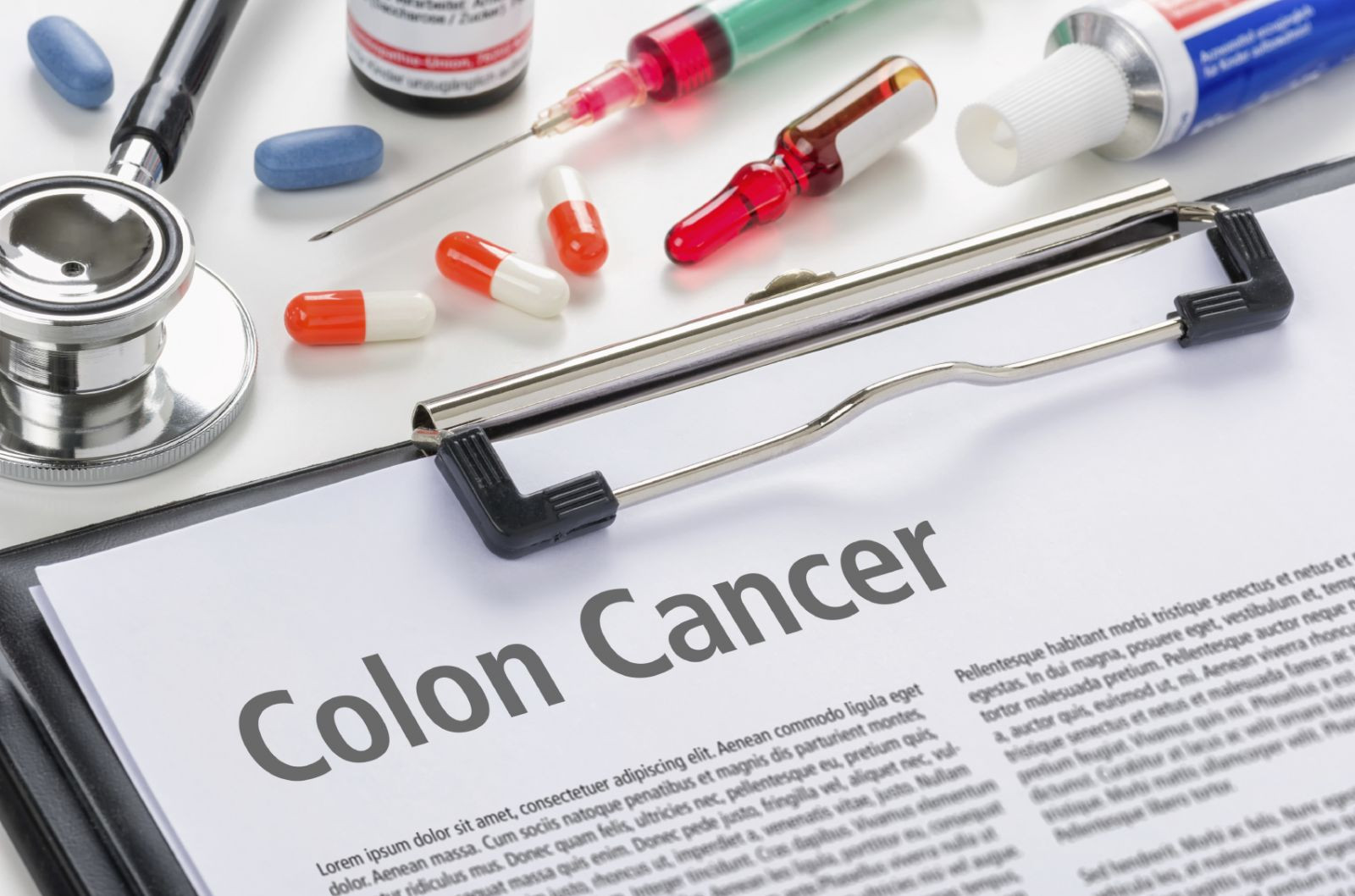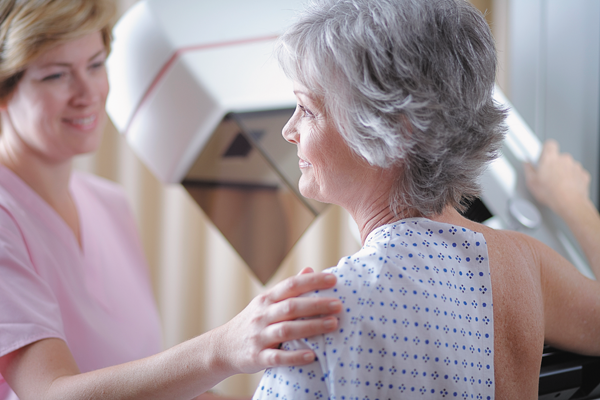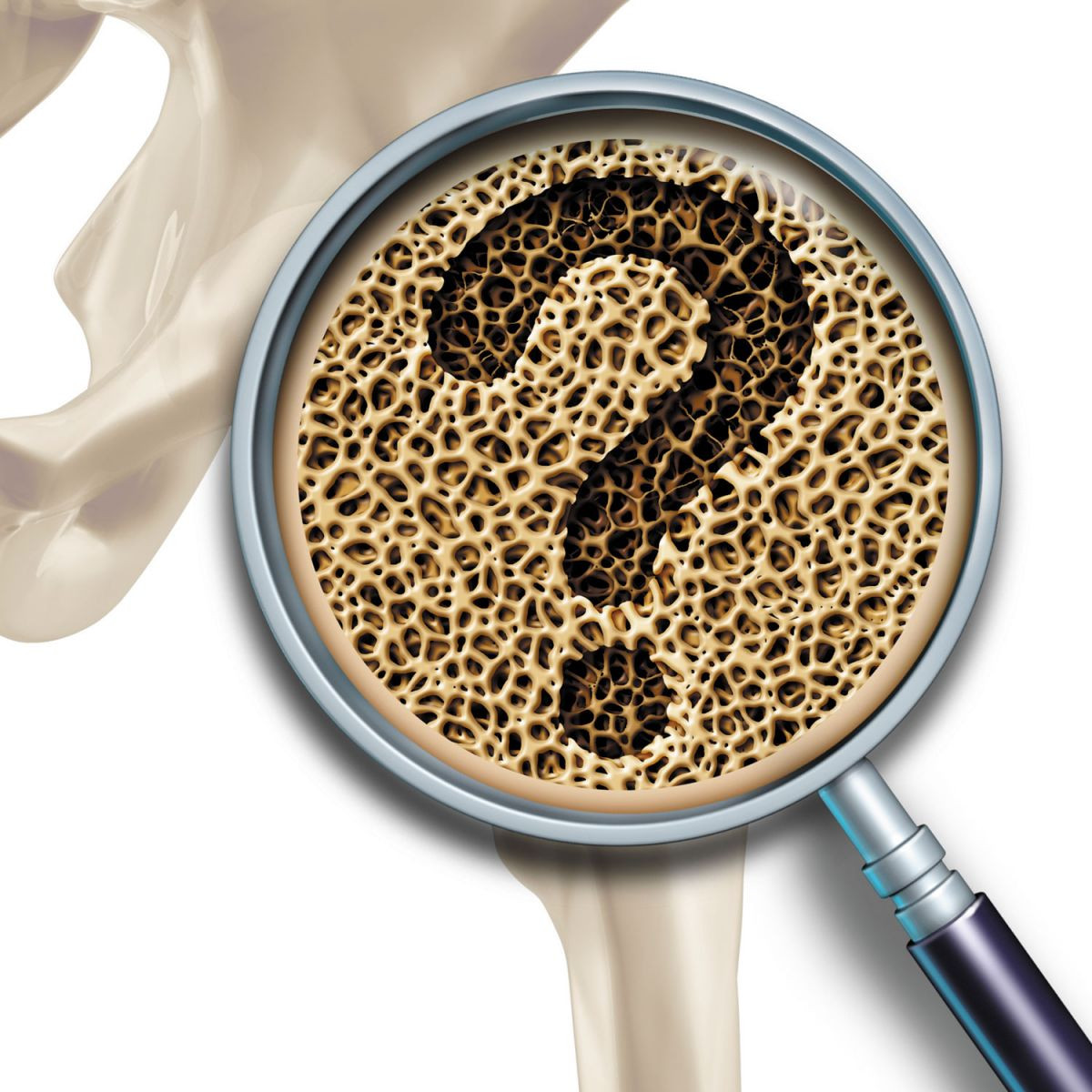Recent Blog Articles

Tick season is expanding: Protect yourself against Lyme disease

What? Another medical form to fill out?

How do trees and green spaces enhance our health?

A muscle-building obsession in boys: What to know and do

Harvard Health Ad Watch: New drug, old song, clever tagline

Concussion in children: What to know and do

What color is your tongue? What's healthy, what's not?

Your amazing parathyroid glands

When — and how — should you be screened for colon cancer?

Co-regulation: Helping children and teens navigate big emotions
Screening Tests for Women Archive
Articles
Is ultrasound an alternative for breast cancer screening?
Ask the doctor
Q. In your discussions of breast cancer screening, you never mention ultrasound. Is it an alternative to mammography?
A. No. Although the FDA has approved an automated breast ultrasound system to be used in addition to mammography for asymptomatic women with dense breasts, there are not enough published data about its effectiveness in screening to support its use. Moreover, ultrasound alone is not an alternative to mammography for routine breast cancer screening because ultrasound cannot pick up the small deposits of calcium (microcalcifications) that can be a sign of breast cancer.
Colon cancer testing: What's in it for you?
Image: iStock
Being checked for hidden colorectal cancer is a smart bet, though it's hard to say whether it will ultimately extend your life span.
Recently, the National Colorectal Cancer Roundtable—a national organization of medical groups, health care providers, government agencies, and patient advocates—launched the "80% by 2018" initiative. The goal is to convince more people to get screened for hidden colorectal cancer. Right now, about 65% of Americans do so.
What do the new mammography guidelines mean for you?
Image: Bigstock
Women can devise their own breast cancer screening schedules based on their risk and preferences.
If you tend to "go by the book" for preventive health care, you probably get a flu shot each fall, have a colonoscopy every 10 years, and generally follow the experts' recommendations. But what do you do about mammograms? For decades, the two most influential expert groups—the American Cancer Society (ACS) and the U.S. Preventive Services Task Force (USPSTF)—haven't agreed about when to start having mammograms, how often to have them, or how long to keep on having them. Although the two groups come a little closer together with their most recent guidelines, they still disagree about breast cancer screening for women ages 45 through 54.
Which mammogram guidelines should I follow?
Ask the doctor
Q. I'm a 48-year-old woman, and I've never had a mammogram. Different guidelines seem to say different things. What do you recommend?
A. You're right, there are several different guidelines. Probably the two most often consulted by doctors are those of the U.S. Preventive Services Task Force (USPSTF) and the American Cancer Society (ACS). Recent changes by the ACS bring its recommendations nearer to those of USPSTF. They disagree slightly about you. ACS says you should have a mammogram (because you are over 45), but USPSTF says to begin at age 50. Both expert committees stress that these recommendations apply only to women who are not at extra risk of breast cancer (extra risk includes, for example, having a parent, sibling, or child who's had breast cancer). If a woman is at extra risk, she should start getting mammograms earlier.
Which tests do you need in 2016?
Make sure you get your blood pressure measured at least once a year.
Image: Thinkstock
Screenings for cardiovascular disease, diabetes, and cancer aren't always routine.
Changes to mammogram screening recommendations
Image: Thinkstock
News briefs
The guidelines for routine breast cancer screenings are changing again. The American Cancer Society (ACS) published its new recommendations Oct. 20, 2015, in The Journal of the American Medical Association, suggesting that women at average risk for breast cancer now wait until age 45 to begin getting yearly mammograms (it had been age 40) and then get yearly mammograms until age 54. After that, the ACS now recommends that average-risk women ages 55 to 74 transition to screening every other year (instead of annually). It's a big shift for the ACS, and the recommendations are now more in line with the guidelines that came from the U.S. Preventive Services Task Force (USPSTF) in 2009, which recommended mammograms every two years for average-risk women ages 50 to 74 and advise against routine screening before age 50 in these women. The USPSTF guidelines have been controversial since they came out. But no one is saying that women at increased risk for breast cancer should wait to get a mammogram; it's a decision that must be made by a woman and her doctor, based on her risk factors. One other big change to the ACS guidelines: that women continue screening mammography only if they have a life expectancy of 10 years or longer.
Increased mammography may find more breast cancers without lowering deaths
Ideally, screening mammography detects small breast cancers so that they can be removed before they grow, metastasize, and kill. To tell whether screening is succeeding, researchers from Harvard and Dartmouth looked at the rates of mammography, the diagnosis of small breast cancers, large breast cancers, and breast cancer deaths in 16 million women 40 or older in the United States from 2000 through 2010. They found that when mammography rates increased 10%, the number of small cancers detected went up 25%, and the number of large cancers increased by 7%. There was no decline in breast cancer deaths. They concluded that mammography is finding—and women are being treated for—small cancers that may not progress to invasive disease or metastasize to other parts of the body.
The results, which were published online July 6, 2015, by JAMA Internal Medicine, echo those of earlier findings. They underscore a dilemma facing women and their doctors: To get annual mammograms and risk being treated for a tumor that may never become harmful, or have mammograms less frequently and risk missing a cancer until it is larger. The U.S. Preventive Services Task force recommends having a mammogram every one to two years for women ages 50 to 79. The American Cancer Society suggests annual mammograms beginning at age 40. You may want to discuss your personal risk profile, and your preferences, with your doctor.
Should you be tested for weak bones?
| Image: Thinkstock |
Men also get osteoporosis—but consider your risk factors before deciding to have a bone-strength test.
Men's and women's bodies differ in plenty of ways, but we all have bones, and with aging they may lose some of their strength and leave us more vulnerable to dangerous fractures of the hip or spine. Osteoporosis is not exclusively a women's health issue.
Abdominal aortic aneurysm: When you need this one-time test
Family history or past smoking both point to higher risk for this potentially fatal condition.
How many "lifesaving" medical tests have you been offered lately? One frequently marketed to older men is an ultrasound of the abdominal aorta, the large artery below the heart that feeds the lower body. A bulging weak spot there—an abdominal aortic aneurysm (AAA)—could eventually rupture, and that is usually fatal.
Younger women get inadequate treatment for heart disease, survey finds
Younger women with heart disease may be unaware of their condition and may not recognize the symptoms of a heart attack, according to a report in the March 2015 issue of Circulation. The finding came from a survey of women under 55 who had survived heart attacks.
Researchers from the Translational Research Investigating Underlying Disparities in Acute Myocardial Infarction Patients' Health Status (TRIUMPH) study interviewed 30 women ages 30 to 55 who were hospitalized for heart attacks. They asked the women about their risk factors, the preventive measures they took the symptoms they experienced, and the treatment they sought and received.
Recent Blog Articles

Tick season is expanding: Protect yourself against Lyme disease

What? Another medical form to fill out?

How do trees and green spaces enhance our health?

A muscle-building obsession in boys: What to know and do

Harvard Health Ad Watch: New drug, old song, clever tagline

Concussion in children: What to know and do

What color is your tongue? What's healthy, what's not?

Your amazing parathyroid glands

When — and how — should you be screened for colon cancer?

Co-regulation: Helping children and teens navigate big emotions
Free Healthbeat Signup
Get the latest in health news delivered to your inbox!
Sign Up








